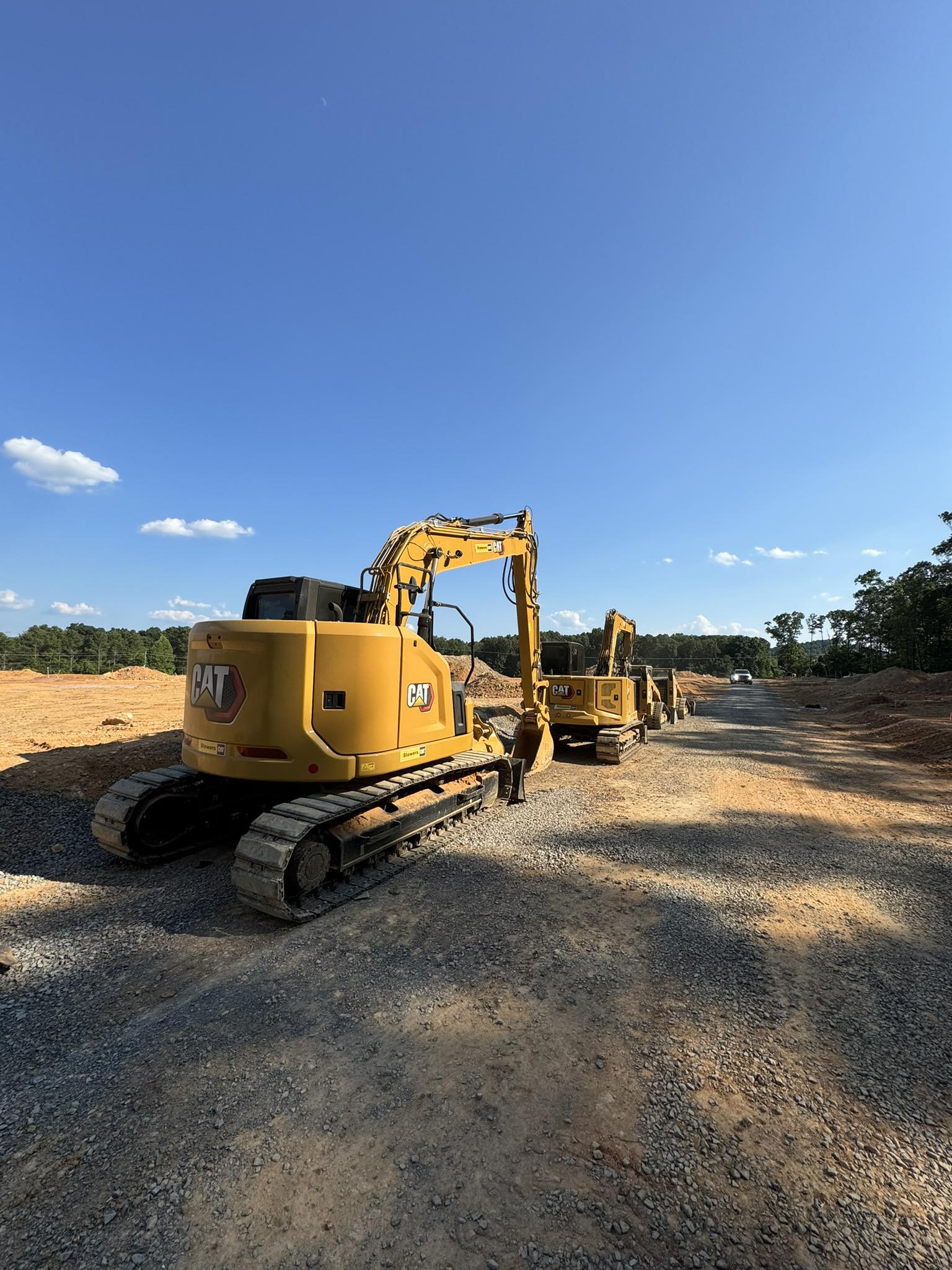
Innovative Technologies Shaping the Future of Excavation Aug 13, 2025
First and foremost, one of the most groundbreaking advancements is the integration of GPS technology in excavation. GPS guidance systems have revolutionized the precision with which excavation projects are conducted. These systems enable operators to work with remarkable accuracy, ensuring that each scoop of earth is both efficient and effective. For companies like Southeast Land Services, this means decreased project times and cost savings for clients, as accurate digging reduces the risk of costly over-excavation or errors.
Another technological marvel impacting the excavation industry is Building Information Modeling (BIM). BIM provides a digital representation of the physical and functional characteristics of a project, allowing for meticulous planning and real-time updates. This technology fosters better collaboration among teams, ensuring that everyone involved in the project—from engineers to on-site workers—are aligned. The enhanced communication and planning minimize delays and promote a seamless flow of operations.
Additionally, autonomous machinery is beginning to make waves in the excavation industry. Self-operating equipment, monitored remotely, offers a glimpse into the future where construction sites operate around the clock, limited only by maintenance needs rather than labor costs. While the technology is still in its nascent stages, many companies have begun experimenting with these machines, sensing the opportunity for increased productivity and reduced human error. For Southeast Land Services, investing in autonomous technology could potentially redefine efficiency and set a new standard for service excellence.
Drones have also emerged as indispensable tools in modern excavation. Equipped with high-resolution cameras and sensors, drones provide a bird's-eye view of the site, offering valuable insights into areas that need attention. They allow for comprehensive site surveys without the need for labor-intensive, manual assessments, and help in monitoring progress with time-stamped images that keep the project on track.
Moreover, increased focus on sustainability has pushed the excavation industry toward greener solutions. Electric and hybrid machinery are gaining popularity as companies aim to reduce their carbon footprints. By incorporating more environmentally friendly equipment, companies not only contribute positively to the environment but also potentially lower operational costs in the long run—a dual benefit for both Southeast Land Services and their environmentally conscious clientele.
Finally, advances in the Internet of Things (IoT) provide an avenue for intelligent machinery and equipment that communicate seamlessly. IoT enables the collection and analysis of data from various sources, promoting predictive maintenance and reducing the likelihood of unexpected breakdowns. This connectivity ensures equipment uptime is maximized, thereby keeping projects on schedule and within budget.
As these technologies continue to develop, they will undoubtedly redefine the landscape of excavation services. For Southeast Land Services, embracing these innovations means fortifying their position as industry leaders and delivering unmatched service quality to their customers. The future of excavation is not only promising but also exciting, as technology paves the way for smarter, safer, and more sustainable solutions.
In conclusion, the excavation industry stands on the brink of a technological revolution. With each advancement, companies like Southeast Land Services are empowered to push boundaries and offer more innovative solutions to their clients. Embracing these technologies is not just a step toward modernization but a commitment to excellence and sustainability in the realm of land services.
/filters:no_upscale()/media/fc0c6c98-a315-44c2-a232-b8ba9cdbd1e5.jpeg)
/filters:no_upscale()/filters:format(webp)/media/a9dead03-2ff7-4370-b41b-bb826dc6cdb8.jpg)